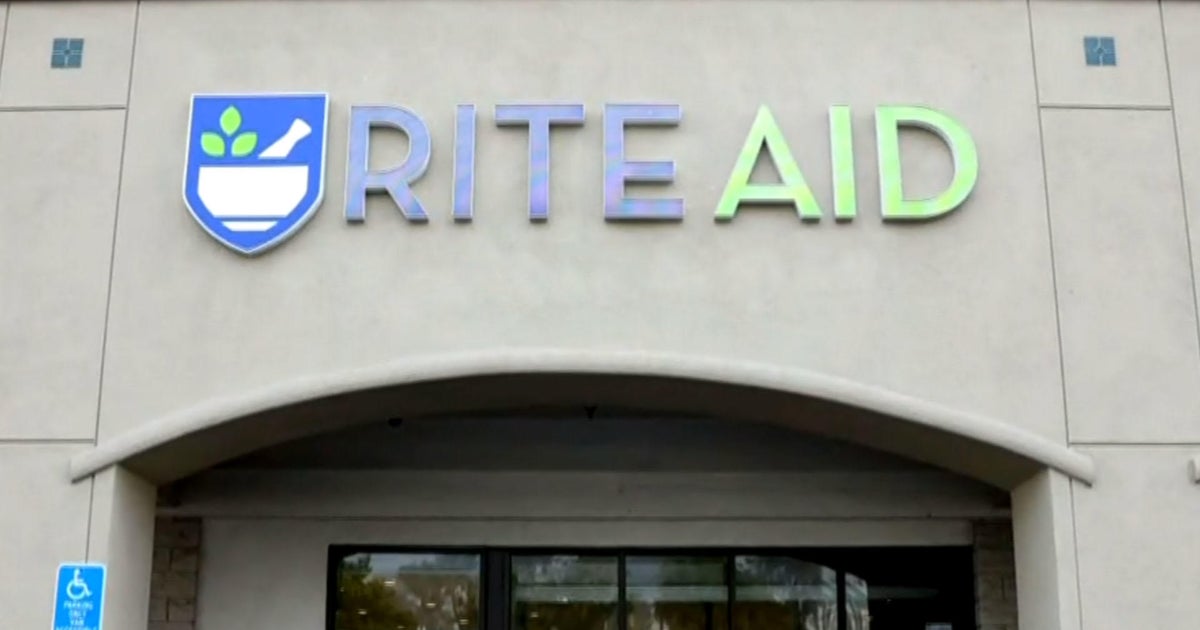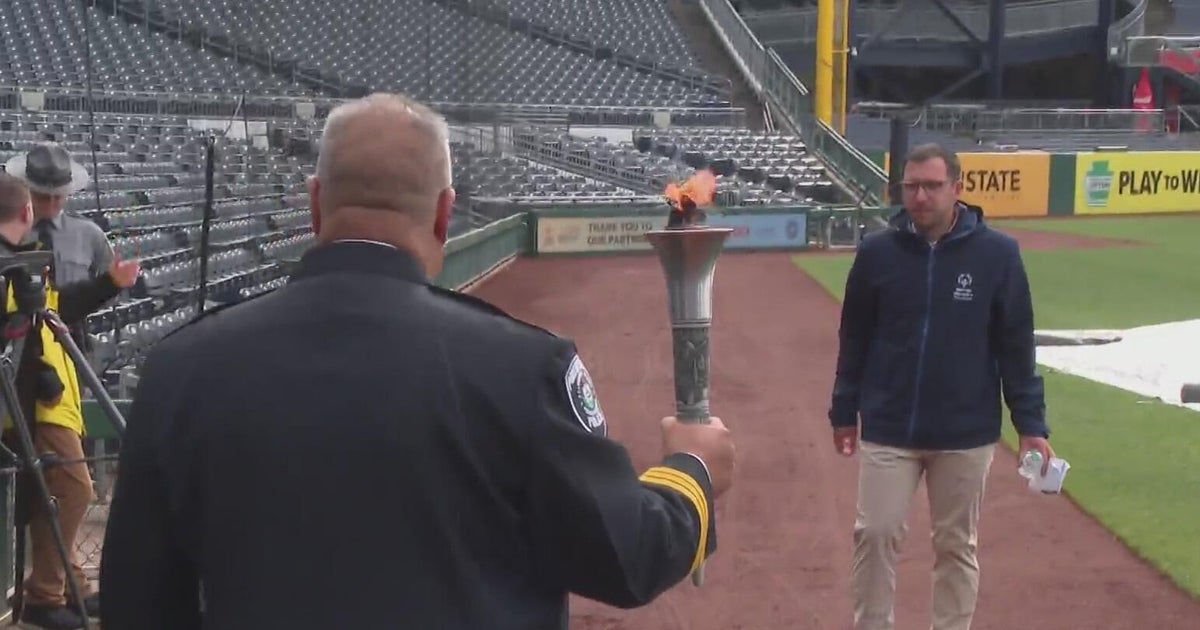## The House Always Wins… But Not This Time: Illegal Gaming Ring Busted
Imagine walking into your favorite local bar, pub, or restaurant, ready to grab a drink and maybe play a few rounds on the arcade machine. But what if that game wasn’t just for fun? What if it was a key component of a massive, illegal gambling operation? That’s exactly what authorities uncovered in western Pennsylvania, bringing down a sophisticated network that raked in millions through rigged games and hidden profits.

Over 400 devices, from slot machines to poker tables, were seized in a massive raid, sending shockwaves through the gaming industry. This isn’t just a story about a few bad apples – it’s a glimpse into the murky world of underground gambling, its potential dangers, and the lengths authorities will go to shut it down.

Comparison to Other Gaming Crackdowns: Trends in Illegal Gaming Enforcement
The recent shutdown of an illegal gaming network in western Pennsylvania, with over 400 devices seized, highlights a growing trend in law enforcement efforts against illicit gambling operations. While the specifics of this case are still unfolding, it echoes previous crackdowns across the United States, revealing a pattern of increasingly sophisticated tactics employed by both criminals and law enforcement.
In recent years, we’ve seen significant action against illegal gaming machines, particularly those disguised as “skill games.” A 2021 investigation in Ohio resulted in the seizure of over 1,400 machines and charges against numerous individuals. Similar operations have been dismantled in states like Illinois and Florida, demonstrating a concerted nationwide effort to combat this growing problem.
These crackdowns often involve collaboration between state and federal agencies, leveraging specialized units dedicated to investigating and prosecuting organized crime.
The Legal Landscape
Pennsylvania’s Gambling Laws: Defining Skill Games vs. Slot Machines
Pennsylvania’s gambling laws are complex and often debated, particularly when it comes to differentiating between “skill games” and traditional slot machines. While the state has legalized various forms of gambling, including casinos and online gaming, the legal status of skill games remains murky.
Proponents of skill games argue that they involve an element of chance and player skill, distinguishing them from purely chance-based slot machines. However, critics contend that many of these games are simply rebranded slot machines designed to circumvent gambling regulations.
The recent case involving Buffalo Skill Games, Inc. and J.J. Amusement, Inc. underscores this legal ambiguity. Prosecutors allege that the seized devices were essentially slot machines disguised as skill games, highlighting the ongoing struggle to define and regulate these machines.
The Corrupt Organizations Act: Severity of Charges and Potential Penalties
The use of the Corrupt Organizations Act in this case demonstrates the seriousness with which Pennsylvania authorities are treating illegal gambling operations. This act, typically reserved for organized crime syndicates, carries severe penalties, including lengthy prison sentences and hefty fines.
By charging the owners and operators of these gaming networks under this act, prosecutors are sending a strong message that they will not tolerate illegal gambling activities that exploit vulnerable individuals and undermine the integrity of the state’s legal gaming industry.
Precedent Set by This Case: Impact on Future Illegal Gaming Operations
This case could have a significant impact on future illegal gaming operations in Pennsylvania and beyond. The severity of the charges and the high-profile nature of the prosecution may deter would-be operators from engaging in similar activities.
Furthermore, the case highlights the importance of collaboration between law enforcement agencies at all levels. By coordinating their efforts, they can effectively dismantle these networks and protect the public from the harms associated with illegal gambling.
Player Impact and Implications
Consequences for Players: Potential Legal Repercussions and Financial Loss
While the primary focus of this case is on the operators of the illegal gaming network, players who frequent these establishments also face potential consequences. Although they may not be directly charged with a crime, players could face fines or other penalties if found participating in illegal gambling activities.
Moreover, players who lose significant sums of money to these illicit operations may find themselves in financial distress. The addictive nature of gambling can lead to substantial debt and other financial problems, particularly when engaging with unregulated and often predatory gaming environments.
Rise of Illegal Gaming Networks: Motivations and Challenges for Law Enforcement
The proliferation of illegal gaming networks can be attributed to several factors, including a growing demand for gambling opportunities, the perceived ease of setting up and operating such networks, and the potential for high profits.
Law enforcement agencies face significant challenges in combating these networks due to their often decentralized nature, the use of sophisticated technology, and the difficulty in identifying and prosecuting players.
The Need for Responsible Gaming: Resources and Support for Problem Gamblers
This case underscores the importance of promoting responsible gaming practices and providing support for individuals struggling with gambling addiction. The lure of quick and easy profits often attracts those susceptible to gambling problems, making it crucial to raise awareness about the dangers of excessive gambling and provide access to resources for help.
Organizations like the National Council on Problem Gambling offer valuable resources and support for individuals and their families dealing with gambling addiction. It is essential to prioritize prevention, education, and treatment to mitigate the negative impacts of gambling on individuals and communities.
Conclusion
The recent takedown of an illegal gaming network in western Pennsylvania serves as a stark reminder of the complexities surrounding online gambling and the lengths authorities will go to enforce the law. Over 400 devices, including computers and gaming machines, were seized, highlighting the scale of this illicit operation. The investigation revealed a network of individuals operating these illegal gambling establishments, profiting from unsuspecting players while skirting regulations and exploiting vulnerabilities in the system. This case underscores the need for continued vigilance and collaboration between law enforcement agencies and gaming regulators. The rise of online gambling presents unique challenges, demanding innovative strategies to combat illegal operations and protect consumers. As technology advances and new forms of gambling emerge, the lines between legal and illegal will continue to blur, requiring ongoing adaptation and enforcement efforts. This incident should serve as a call to action, demanding a proactive approach to safeguard the integrity of the gaming industry and ensure a fair and transparent playing field for all. The future of legal gaming depends on it.
